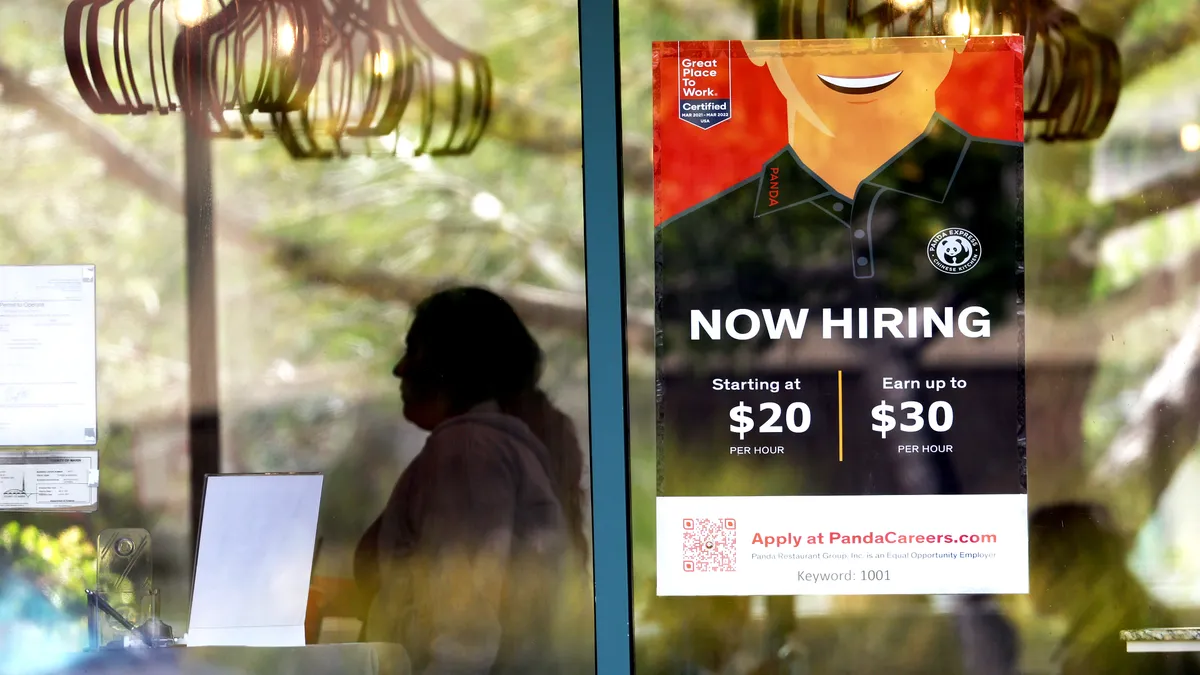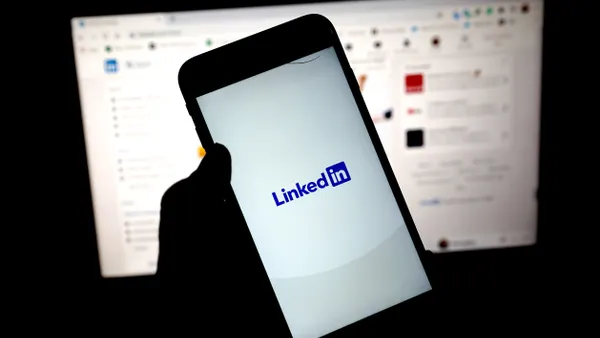To boost retention and performance, HR leaders can design and deliver tailored programs for hourly workers, who make up more than 60% of the U.S. workforce, according to a May 1 report from McLean & Co.
“Organizations often focus on attracting hourly workers due to high turnover,” Karen Mann, senior vice president for HR research and advisory services at McLean & Co., said in a statement. “But retention and engagement start with inclusion — and that means designing HR programs that reflect the realities of the front-line experience.”
HR pros increasingly recognize the need for differentiated approaches for employees, the report found. Although hourly workers remain critical to operational success in several industries — such as manufacturing, healthcare, hospitality and retail — many workers feel excluded from development and engagement initiatives, McLean said.
The main gap exists between intention and action, the report found. HR programs often face participation limits due to logistical barriers, a lack of access to organizational technology and assumptions that hourly and salaried employees have the same needs, the firm said.
Due to these barriers, senior leaders often hesitate to invest in HR programs for hourly workers, especially with high turnover rates. This can make customizable and sustainable programs even more challenging, McLean reported.
“The true challenge isn’t operational — it’s mindset,” Mann said. “HR leaders must be willing to challenge legacy thinking that hourly programs are too complex or not worth the investment.”
McLean recommended a four-step process for HR leaders to tailor programs: determine the need for customization, prioritize programs for impact, customize selected HR initiatives and implement them with clear change and communication plans.
When executed effectively, these programs should enhance inclusion, engagement and retention, McLean said, as well as drive measurable improvements in productivity, customer satisfaction and cost savings.
Both front-line workers and managers report a lack of workforce change readiness and an increase in workplace psychosocial risks, according to a meQuilibrium report. Companies should shift from simply managing change to proactively preparing teams to be ready for change, the firm’s CEO said.
Front-line workers are also more likely to be anxious and depressed, according to another meQuilibrium report. However, these workers may be unaware of their well-being options or be scheduled for irregular work hours that impede appointments, the report found. Employers can implement awareness and proactive outreach campaigns to help workers use their benefits.
Most companies use on-the-job training for front-line workers, but high turnover can pose a barrier to front-line training efforts, according to a survey by the Association for Talent Development. Respondents said they used training methods such as managerial coaching, job shadowing and knowledge sharing.











